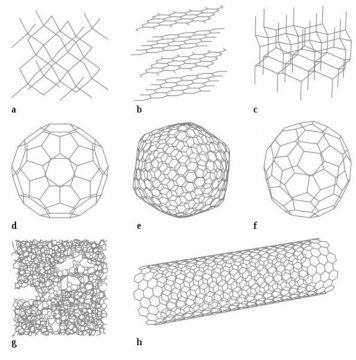Yohan John in Axis Praxis:
 Emergence occurs when there is a conceptual discontinuity between two descriptions targeting the same phenomenon. This does not mean that emergence is a purely subjective phenomenon — only that scientific ‘double coverage’ may be a good place to look for emergent phenomena.
Emergence occurs when there is a conceptual discontinuity between two descriptions targeting the same phenomenon. This does not mean that emergence is a purely subjective phenomenon — only that scientific ‘double coverage’ may be a good place to look for emergent phenomena.
For example, in the case of starling murmuration, there is an aggregate description of individual birds, and a description of the flock as a unified entity. The latter phenomenon invites description in terms of concepts from fluid dynamics, but descriptions of individual birds, however detailed, typically do not.
In the case of phase transitions in physics, the description of one phase of matter, such as gas, does not fully map onto descriptions of the other phases. Surface tension, for example, is not defined for gases, since gases do not have surfaces. In the transition from gas to liquid, a qualitatively new attribute not only emerges, it becomes a defining feature of the post-transition system. From a different perspective we can say that it is the emergent qualitative property that enables us to determine that the transition has occurred in the first place.
More here.
